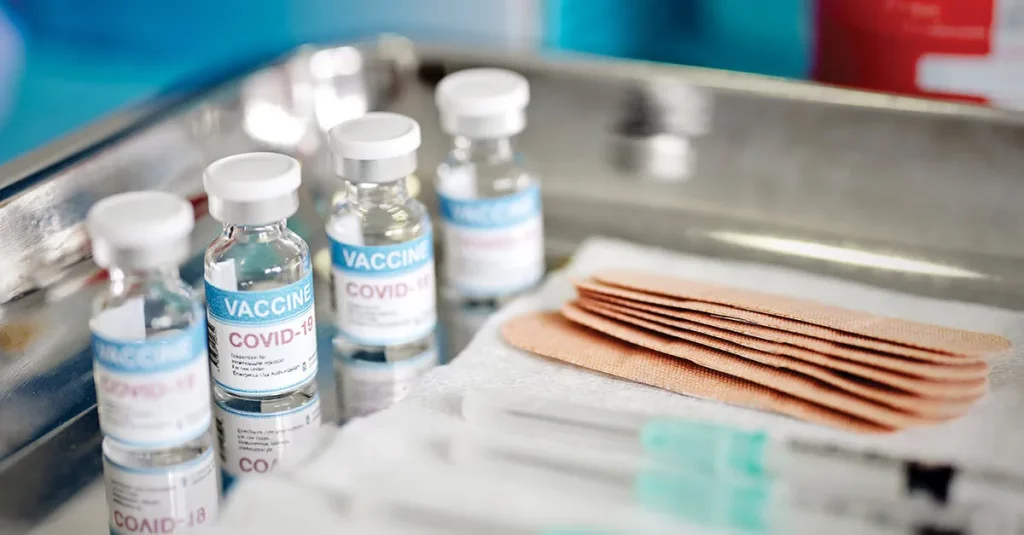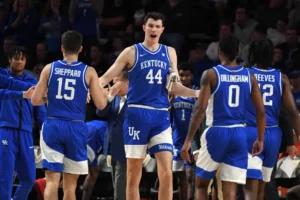According to documents the agency shared on Monday, the Food and Drug Administration wants revised COVID-19 booster doses to be provided once a year for the majority of Americans and to follow a schedule similar to the flu vaccination.
The organisation is recommending that during its meeting on Thursday, its committee of outside vaccine experts talk about “consideration of periodic updates to COVID-19 vaccine composition, including to the currently authorised or approved vaccines to be available for use in the U.S. in the fall of 2023.”
According to the documents, “Review of the totality of the available evidence on prior exposure to and vaccination against SARS-CoV-2 suggests that, moving forward, most individuals may only require to receive one dose of an authorised or approved COVID-19 vaccine to restore protective immunity for a period of time.” For some young children as well as older and immunocompromised Americans, the FDA is recommending two doses per year.
As of Monday, the only question on which the Vaccines and Related Biological Products Advisory Committee will vote is whether the original vaccines should be amended to match the updated booster doses, which target both the original coronavirus strain and newer omicron subvariants.
Although it typically does, the FDA is not required to abide by the committee's recommendations.
Given that the Biden administration and President Joe Biden himself have pushed for the concept of transitioning to a yearly COVID-19 shot, the FDA's action is not surprising.
When Biden received his revised COVID-19 booster shot at the White House in October, he noted, “For the majority of Americans, one COVID shot each year will be all they need.” “And if you obtain it, you will be safeguarded. And if you don't, you're placing both you and others in needless danger.
But during the meeting on Thursday, the planned strategy will undoubtedly face challenging questions. Experts will examine, among other things, whether the FDA's suggested fall vaccine schedule will provide the best protection for Americans. This discussion will be complicated by the fact that the coronavirus has not yet established a seasonal pattern.
Another aggravating problem is vaccine fatigue, with barely 15% of Americans receiving the most recent COVID-19 booster injection. Considering that a recent poll of Americans who have had vaccinations indicated that the most prevalent reason for not getting the injection was a lack of understanding about eligibility for it, experts may also want to look at new education and outreach tactics for the vaccine.







